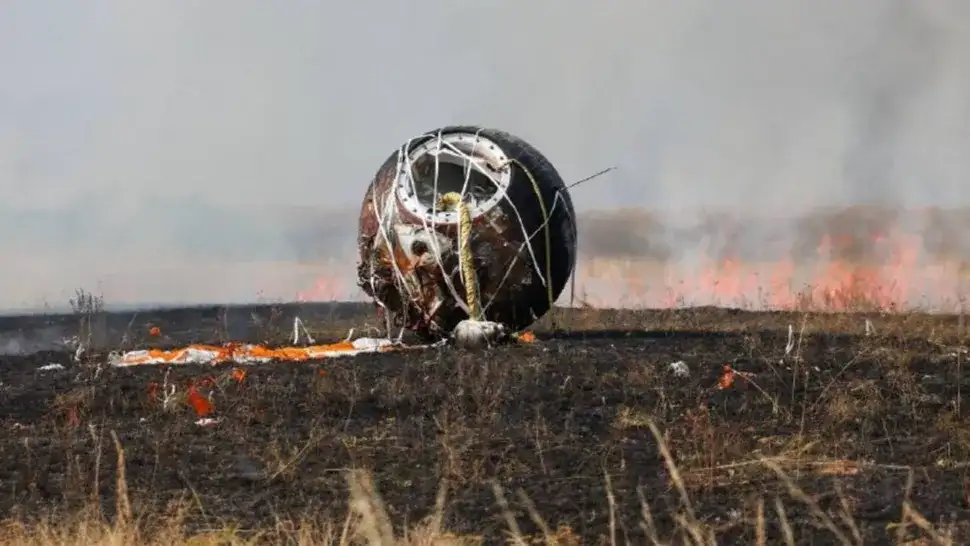On September 19, the Bion-M No.2 biological satellite, which scientists symbolically called “Noah’s Ark,” landed in the Orenburg region of Russia. The satellite spent 30 days in orbit, collecting unique data on the impact of space on living organisms.
It returned to Earth with a real “living laboratory”: 75 mice, more than 1,500 flies, microorganisms, and plant seeds. The goal of the expedition was to investigate how cosmic radiation and weightlessness impact the physiology, nervous system, and biological processes of living organisms. Several experiments on the mission were also aimed at enhancing the safety of future human space flights, with new radiation protection technologies and the study of biological reactions being investigated.
The successful mission of Bion-M No.2 has provided scientists with new data on the origin of life, survival in space, and long-term human space travel. The bulk of the research will be conducted at the Moscow Institute of Biomedical Engineering in the coming weeks.




















